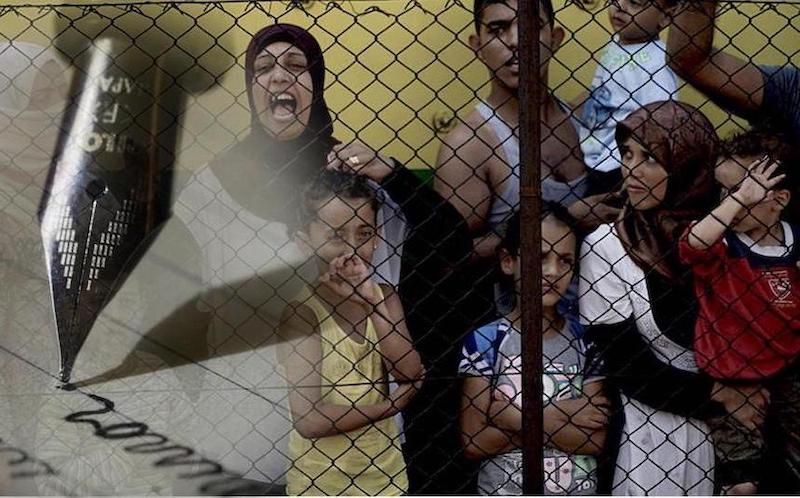


A contentious piece of legislation has been passed through the House of Lords and will now go for royal assent before becoming enshrined in law, with far reaching ramifications that’ll be felt in the Channel Islands.
Getting the Illegal Migration Bill through parliament has been one of Prime Minister Rishi Sunak’s key priorities for his term in office, as he wants to stop small boats landing in the UK from mainland Europe.
When the Bill is now inevitably enacted, there will be ramifications for the Channel Islands and changes to legislation will need to be enforced here. The Bill clarifies several times where the proposed legislation extends beyond the UK and encompasses the Channel Islands and the Isle of Man.
The Bill has been developed to deter unlawful migration and seeks to accomplish this in a variety of ways. The main impact would be to deny people who arrive in the UK (and the Channel Islands) citizenship - ever - if they have arrived illegally.
Once enshrined in law it’ll introduce new provisions on how illegal migration and people trafficking will be managed in the Bailiwick.
The committee responsible for border policy (Home Affairs) said Guernsey had been consulted early in the development of the Bill “insofar as it may impact related UK nationality and immigration legislation which either applies directly or have been extended to the Bailiwick”.
The dismantling of asylum obligations has been steeped in controversy, with multiple groups speaking out against the Bill and its impact.
Most recently, the United Nations reportedly said that blocking asylum and shipping people to Rwanda “sets a worrying precedent” and could see other jurisdictions follow the UK’s lead.
Comments
Comments on this story express the views of the commentator only, not Bailiwick Publishing. We are unable to guarantee the accuracy of any of those comments.